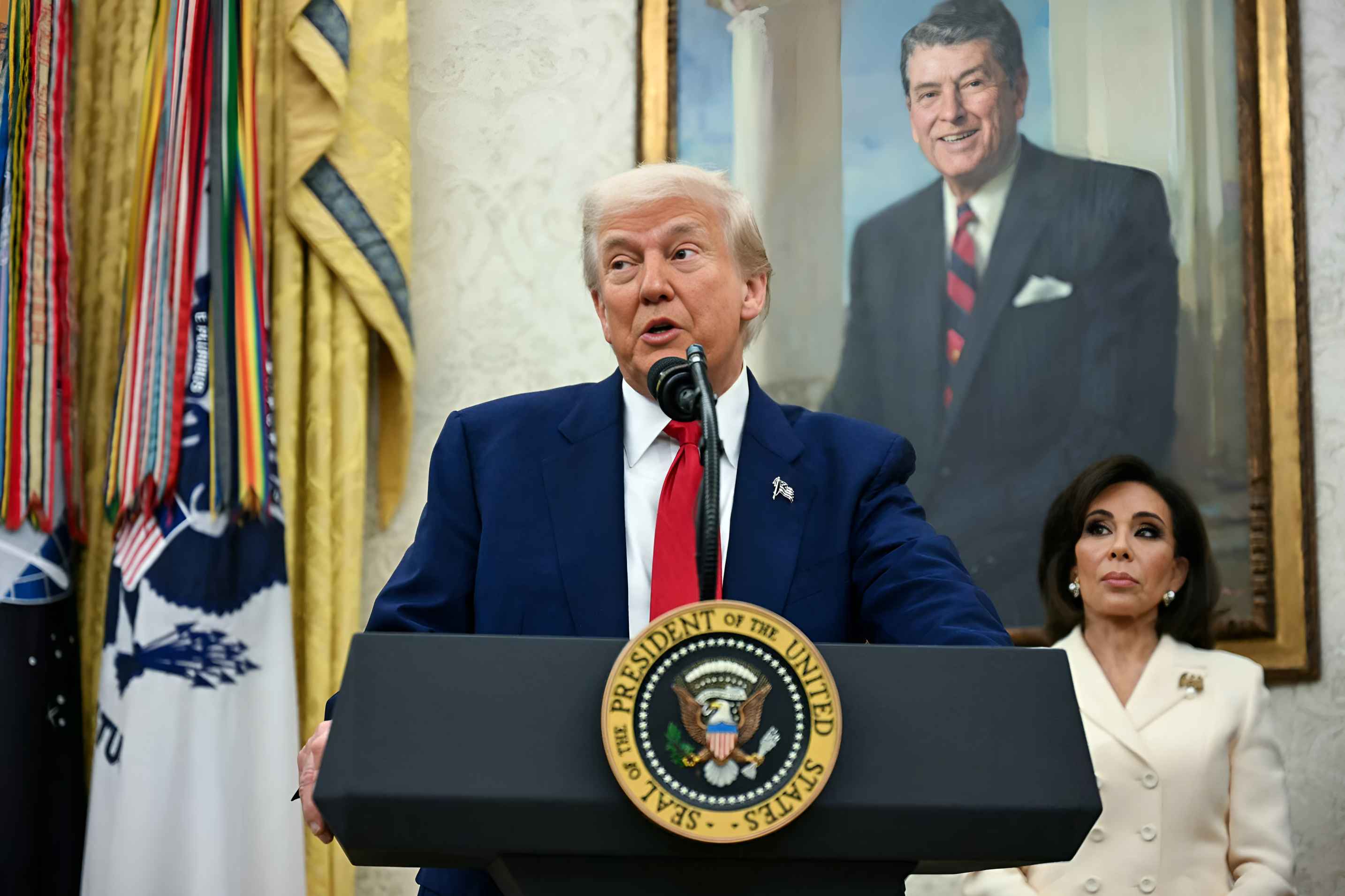Pakistan proposes Nobel Peace Prize nomination for Trump

The proposal made public on Saturday, June 21, 2025, acknowledges Trump’s diplomatic role in halting a four-day exchange between the nuclear-armed neighbours.
Pakistan has announced its intention to recommend U.S. President Donald Trump for the Nobel Peace Prize, crediting him for mediating an end to a brief but intense conflict with India in May.
The proposal made public on Saturday, June 21, 2025, acknowledges Trump’s diplomatic role in halting a four-day exchange between the nuclear-armed neighbours, an intervention the U.S. president has repeatedly claimed averted a potential nuclear war.
“President Trump showed strategic insight and exemplary statesmanship by engaging both Islamabad and New Delhi to defuse a rapidly escalating crisis,” the Pakistani government said in a statement. It described his role as that of a “true peacemaker.”
Trump, who has long expressed interest in winning the Nobel Peace Prize, announced the ceasefire between India and Pakistan in May, a move that caught many by surprise.
He has since stated that millions of lives were potentially saved yet lamented receiving little recognition for the achievement.
While Islamabad credits Trump with ending the conflict, New Delhi has maintained it was a result of direct talks between the two militaries and not external mediation.
India has also consistently rejected any outside involvement in its dispute with Pakistan over Kashmir.
Trump’s interest in mediating South Asian tensions has pleased Pakistan, which has long sought global attention on the Kashmir issue.
However, the stance has disrupted traditional U.S. foreign policy that has leaned towards India as a counterweight to China.
In a recent social media post, Trump listed several diplomatic efforts he claimed credit for, including the Abraham Accords during his first term and the recent India-Pakistan truce, adding: “I’ll never get the Nobel Peace Prize, no matter what I do.”
The timing of Pakistan’s announcement coincided with a rare diplomatic engagement: Army Chief Field Marshal Asim Munir met with Trump for a lunch meeting in Washington the first such engagement between a Pakistani military leader and a U.S. president while a civilian government remains in power in Islamabad.
Meanwhile, Trump’s planned meeting with Indian Prime Minister Narendra Modi at the G7 summit in Canada was cancelled after the U.S. leader left early.
The two later spoke by phone, during which Modi reportedly reiterated that “India does not and will never accept mediation” in its longstanding dispute with Pakistan.
The proposal has sparked mixed reactions in Pakistan. While some political figures, such as former Senate Defense Committee Chair Mushahid Hussain, defended the move as pragmatic diplomacy, others were sharply critical.
“Trump is good for Pakistan,” Hussain said. “If it means flattering his ego, so be it other world leaders have done the same.”
But prominent journalist Talat Hussain voiced strong opposition, citing Trump’s support for Israel’s military operations in Gaza and his alignment with Tel Aviv’s actions against Iran.
“Israel’s sugar daddy in Gaza and cheerleader of its attacks on Iran isn’t a candidate for any prize,” Hussain posted on X. “And what if he starts hugging Modi again in a few months?”
Despite the controversy, Pakistan’s endorsement is a rare and symbolic move in international diplomacy one that may influence Trump's decisions in other parts of the region, including the Middle East.
